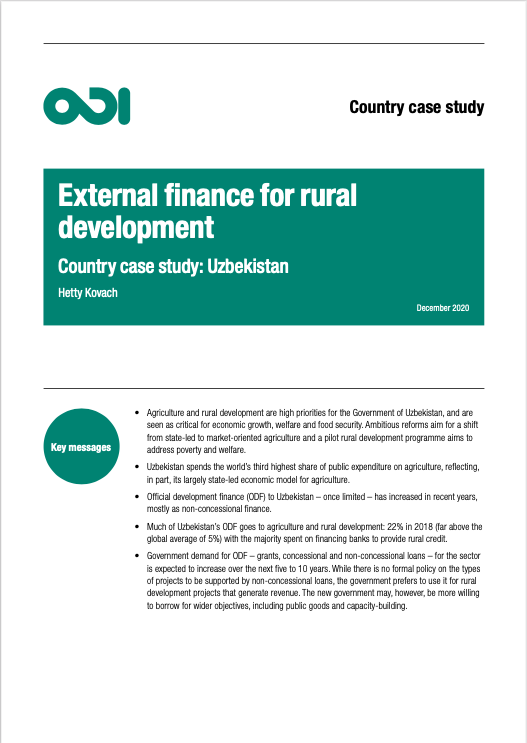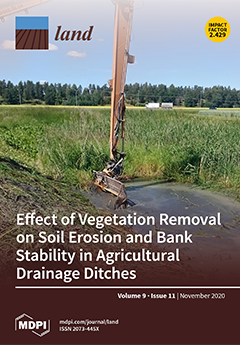Perception of communities when managing exclosures as common pool resources in northwestern Ethiopia
Understanding the different perceptions of the local community regarding the use and management of common pool resources, such as exclosures, could better support targeted interventions by government and development partners.




